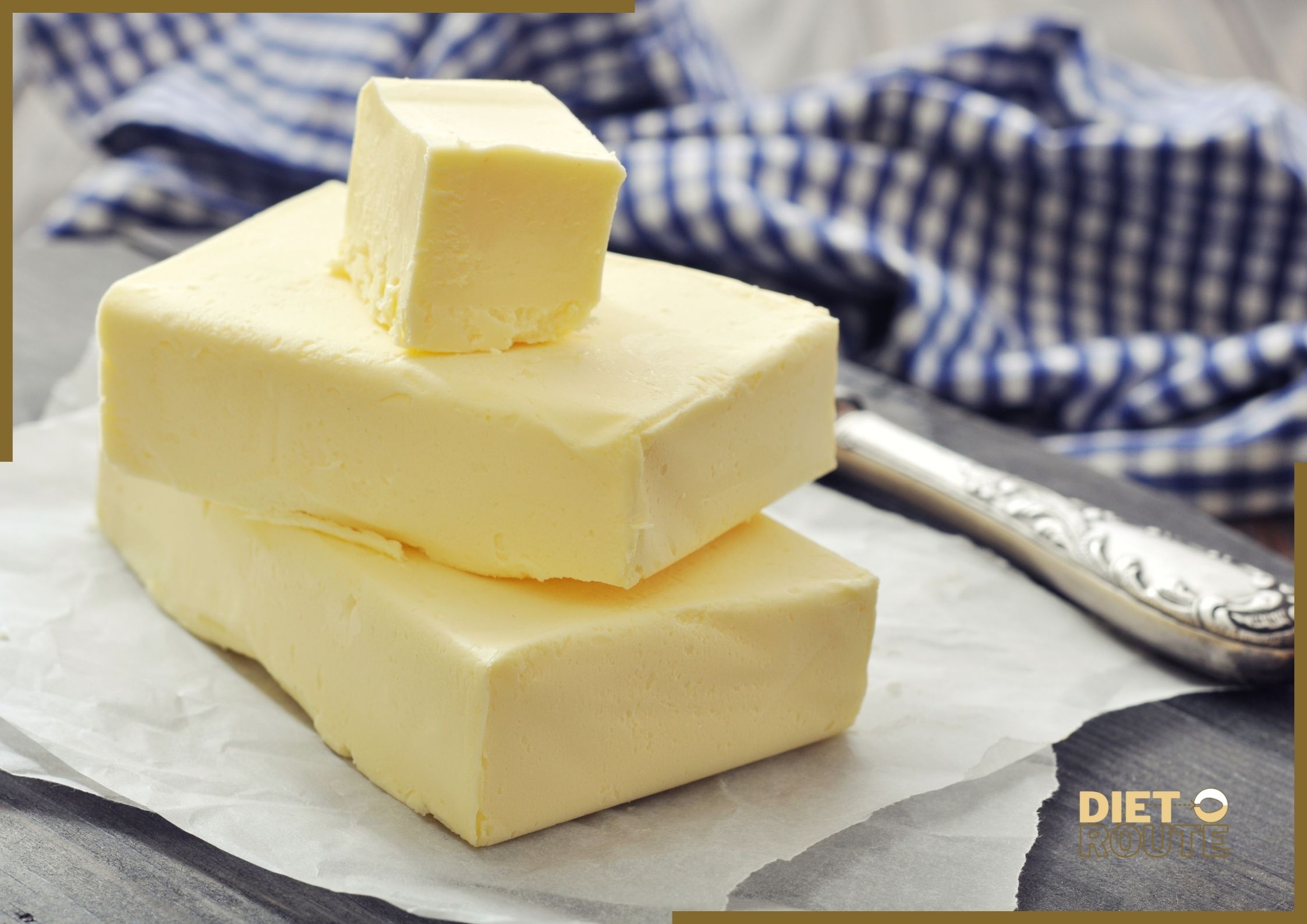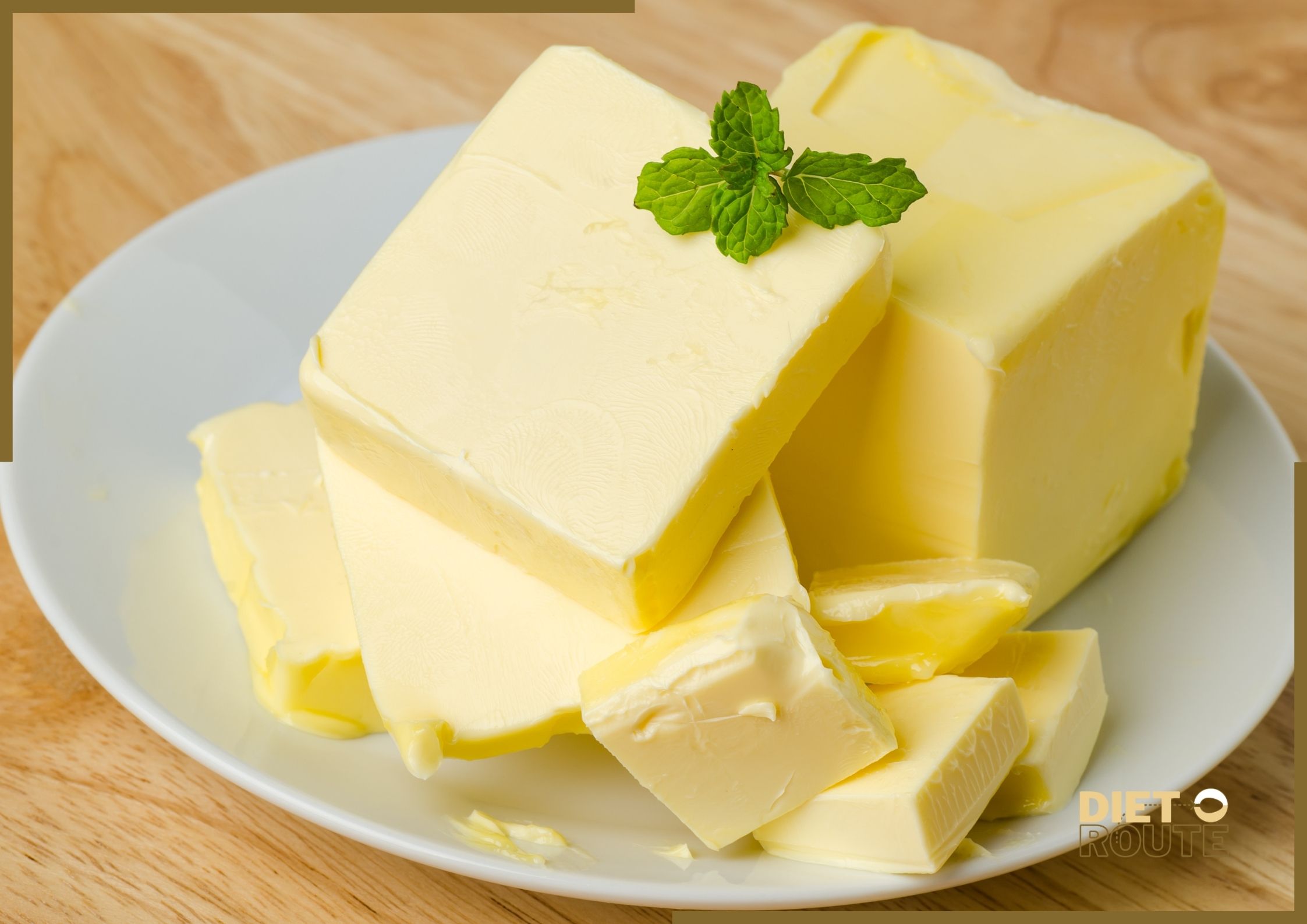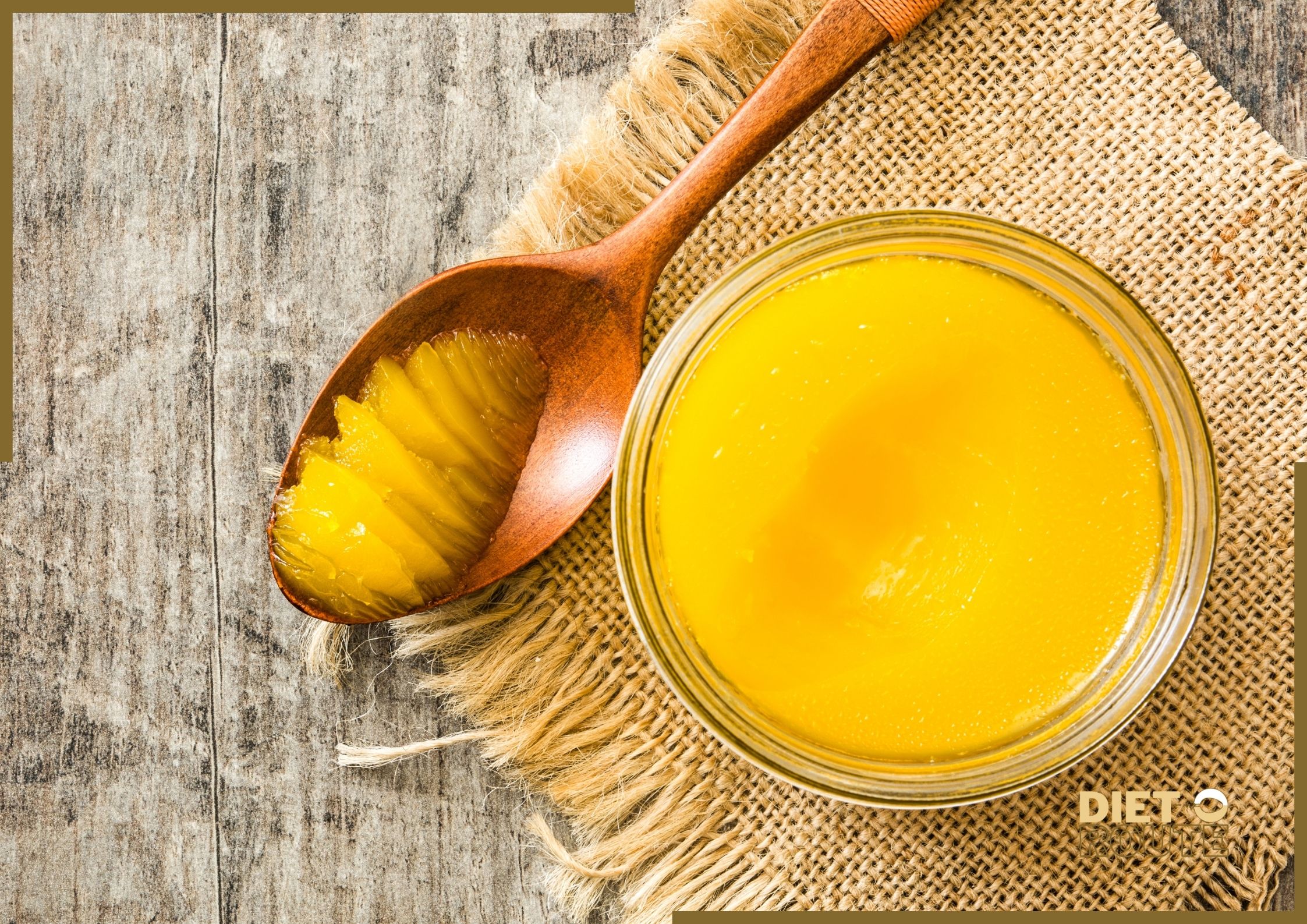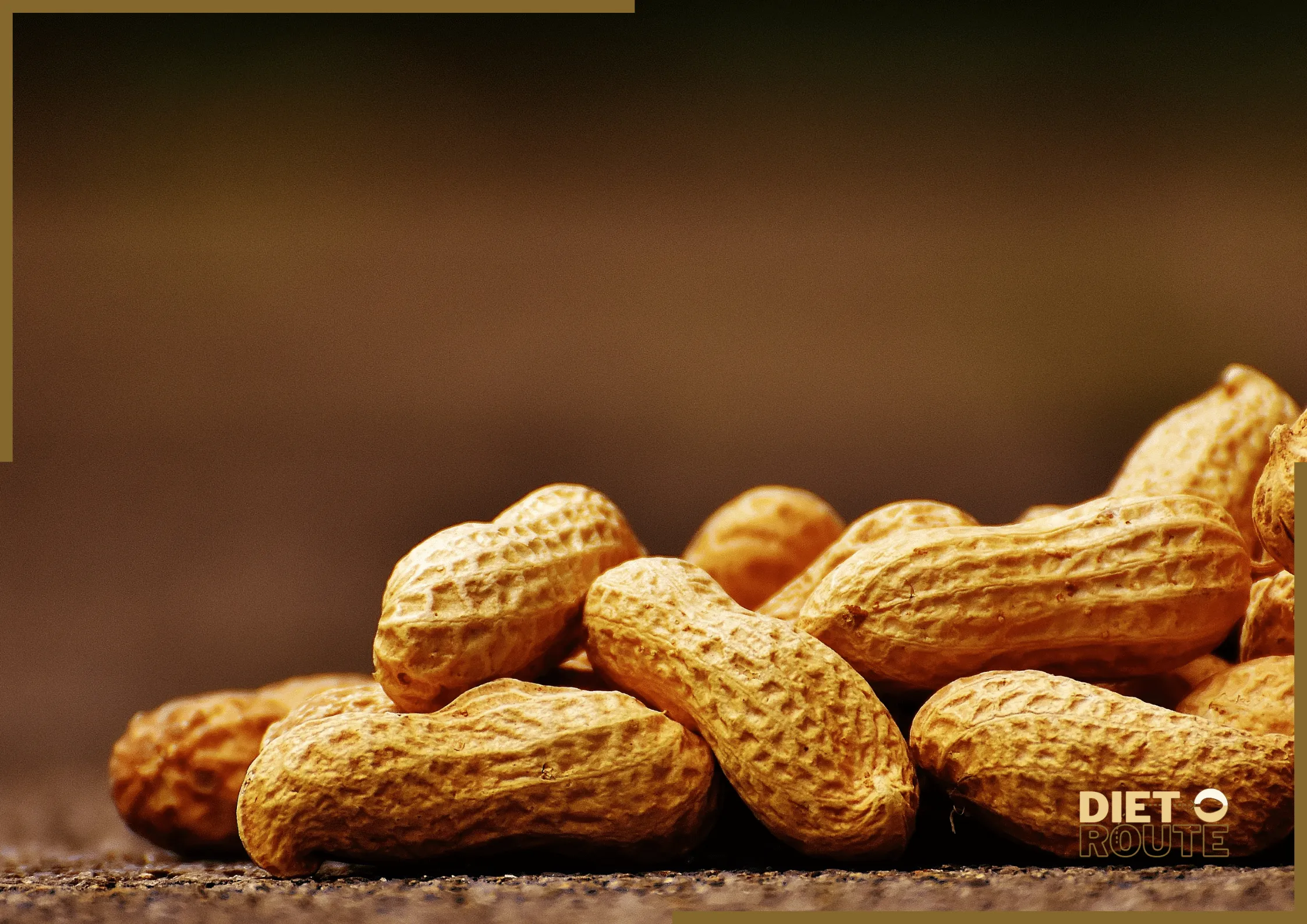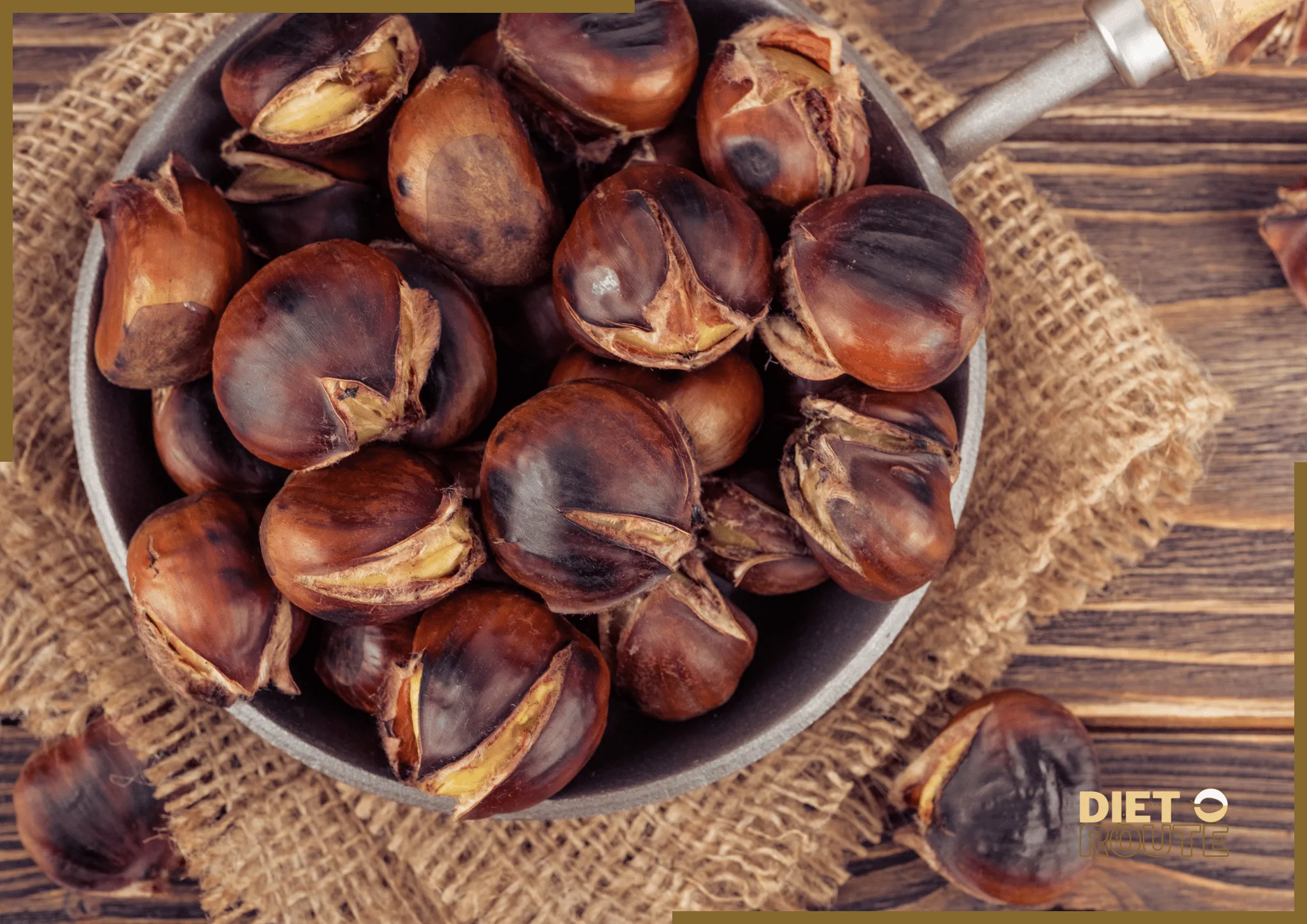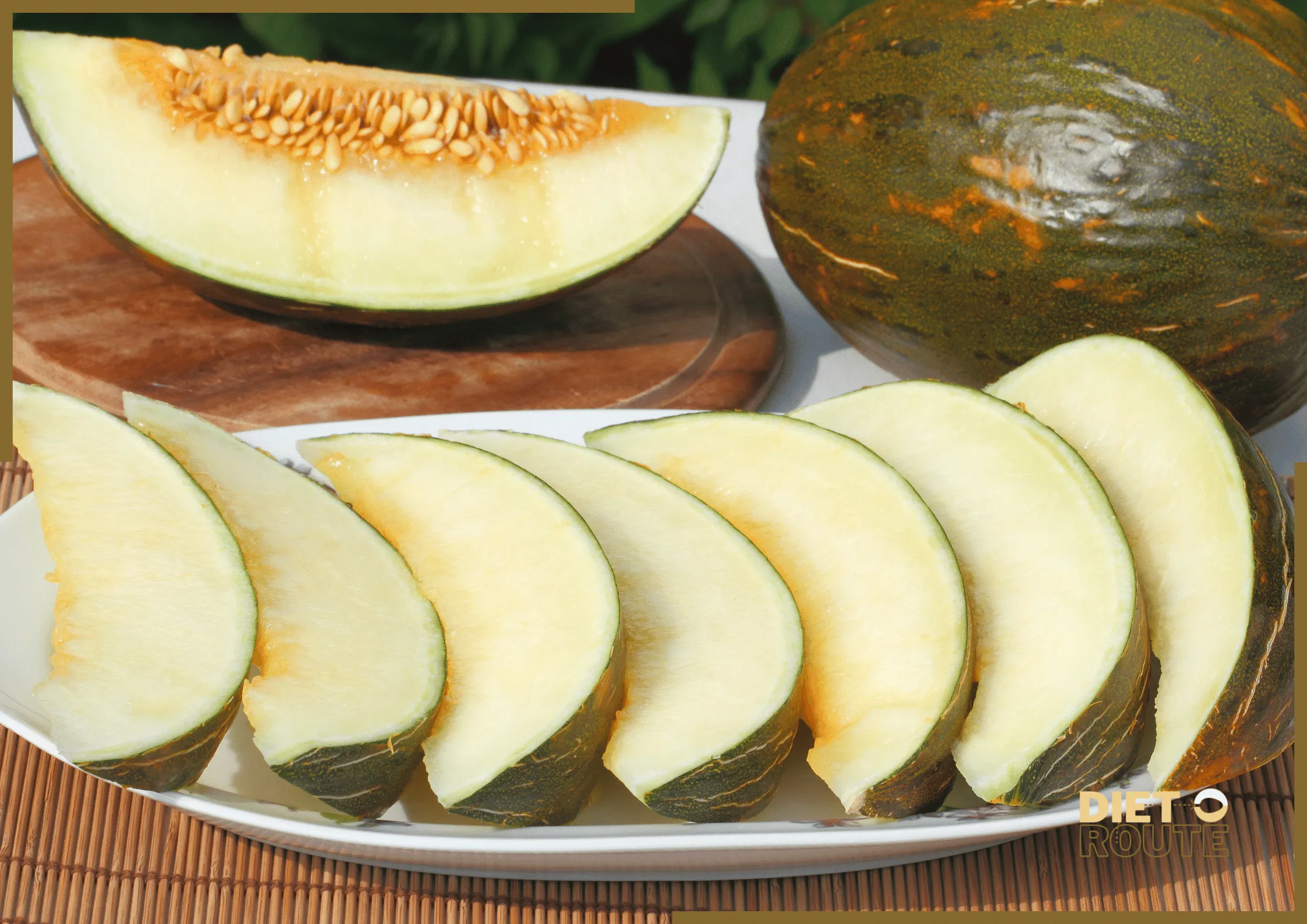Table of Contents
Introduction
Unsalted butter is a versatile ingredient that can be used in cooking, baking, and spreading on bread. In this article, we’ll look at the nutritional content of unsalted butter, talk about its pros and cons, respond to some of the most common questions, and end with some valuable insights into its role in a balanced diet.
Nutritional Value Approximately 100g
| Nutrient | Amount Per Serving (1 tablespoon) | % Daily Value |
|---|---|---|
| Calories | 102 | 5% |
| Total Fat | 11.5g | 18% |
| – Saturated Fat | 7.3g | 37% |
| – Trans Fat | 0.4g | |
| Cholesterol | 30mg | 10% |
| Sodium | 0mg | 0% |
| Total Carbohydrates | 0.1g | 0% |
| – Dietary Fiber | 0g | 0% |
| – Sugars | 0.1g | |
| Protein | 0.1g | 0% |
| Vitamin A | 355IU | 7% |
| Vitamin D | 8.8IU | 2% |
| Vitamin E | 0.5mg | 3% |
| Calcium | 2mg | 0% |
| Iron | 0mg | 0% |
| Potassium | 2mg | 0% |
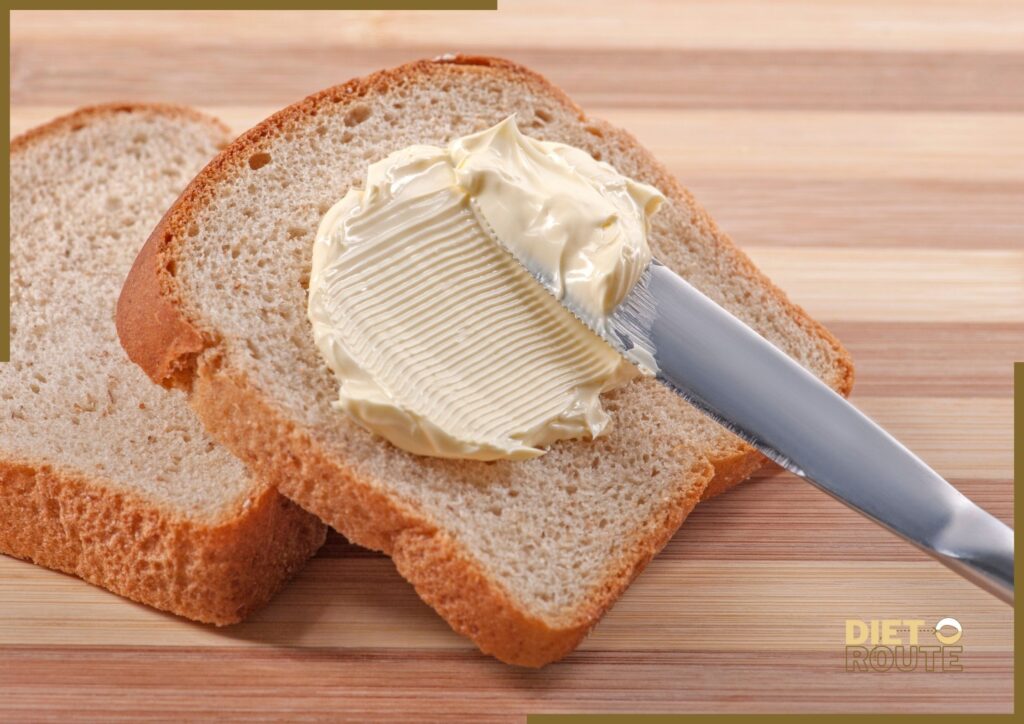
Pros
1. It is a versatile ingredient that can be used in a variety of cooking and baking recipes, allowing for precise control of the salt content.
2. It has a pure buttery flavor, allowing other ingredients in low-salt recipes to shine.
3. Individuals can have more control over the salt content in their dishes by using unsalted butter, allowing them to adjust it to their tastes or dietary requirements.
Cons
1. It lacks the additional savory flavor that salted butter adds, which some people may miss in certain recipes.
2. People who only eat unsalted butter and stay away from other forms of salted food may not get enough sodium from other sources.
Frequently Asked Questions (FAQ)
1. Can salted butter and unsalted butter be used interchangeably in recipes?
Yes, both can usually be used interchangeably in recipes. When using unsalted butter, the salt content may need to be changed.
2. Is unsalted butter healthier than salted butter?
The extra salt content is what distinguishes salted butter from unsalted ones, which has similar nutritional profiles. The choice depends on what you like and what works with your diet.
3. Can lactose intolerant individuals consume unsalted butter?
It has very little lactose in it, so it may be suitable for individuals who are lactose intolerant. But for personalized help, it’s best to consult a healthcare professional.
4. Should unsalted butter be kept in the fridge?
It can be stored for short periods of time at room temperature, but long-term storage is recommended to maintain freshness.
5. Can baking be done with unsalted butter?
Yes, it is commonly used in baking because it gives you more control over the overall salt content.
6. Is unsalted butter rich in vitamins and minerals?
There are small amounts of vitamin A and trace minerals in unsalted butter, but you shouldn’t rely on it as a major source of nutrients.
7. Can this butter be frozen ?
Yes, it can be frozen to keep for a long time. To avoid freezer burn, it’s important to package things correctly.
8. Does it contribute to weight gain?
It has a high calorie and fat content, just like all salted butter. To avoid eating too many calories, it’s important to watch how much you eat.
9. Can it be used for making sauces?
Making recipes is possible. Unsalted butter, which has a rich and creamy texture, is commonly used for making sauces.
10. Are there alternatives for individuals who prefer low-sodium options?
Yes, there are different kinds of low sodium butter alternatives offered for individuals who want less salt.
In A Nut Shell
Unsalted butter has a pure butter flavor and is versatile in the kitchen. Individuals can make better choices about incorporating it into their diets by being aware of its nutritional content, weighing the pros and cons, and answering common questions. It can be enjoyed as part of a healthy diet, whether it’s used for cooking, baking, or spreading on toast.
